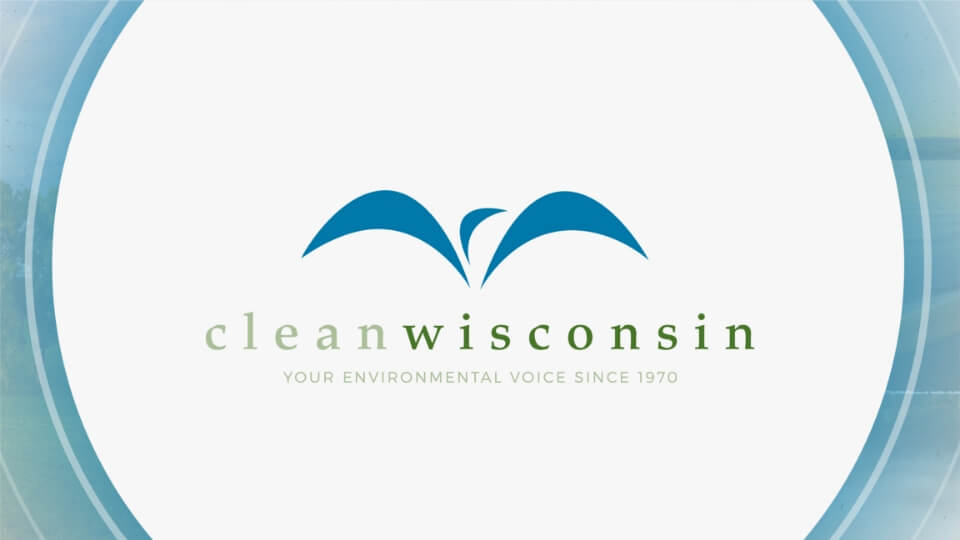When you hear the word ‘Wisconsinisms,’ you might think of local quirks like calling water fountains “bubblers,” eating cheese curds, or telling people to watch for deer. However, in the world of building energy codes, a Wisconsinism refers to state-specific amendments that often weaken our building requirements. Building energy codes save Wisconsinites money by ensuring that buildings in Wisconsin are energy efficient and comfortable. These requirements set minimum standards for the efficiency of HVAC systems, the airtightness of windows and doors, and the effectiveness of insulation.
Base building energy codes are developed by a collection of code experts that make up the International Code Council and are adopted by states across the country, often with amendments that either strengthen or weaken the original code. Wisconsinisms have led to a weakening of the energy code. For instance, the residential energy code lacks heat transmission guidelines for windows, which increases the energy required to heat and cool homes in Wisconsin. Additionally, the insulation requirements in the commercial energy code are reduced, making Wisconsin buildings 6.1% less efficient than those built to the base code. These amendments reduce the control people have over their indoor climate and increase energy bills.
Opinions among builders, architects, inspectors, and developers are divided on whether these Wisconsinisms are beneficial or detrimental. Supporters of state-specific codes argue that they cater to local needs, but national codes already account for regional differences. In practice, these Wisconsinisms often lead to more confusion for people in the buildings industry and weaker energy standards, costing residents more in the long run.
Others may say that not all Wisconsinisms weaken the code. While it’s true that some amendments are neutral or even improve the code, on balance, changes to the energy code generally result in a weaker standard that wastes more energy and costs Wisconsinites more money each month.
The term Wisconsinism evokes a sense of state pride, highlighting what makes Wisconsin unique. True Wisconsinisms celebrate our state’s identity—like sweet old fashioneds or beating the Bears. But tying our identity to outdated and inefficient building standards? That’s not something to be proud of. When the Uniform Dwelling Code Council reconvenes on September 26th, let’s redefine what it means to be a true Wisconsinite by rejecting weak amendments.

